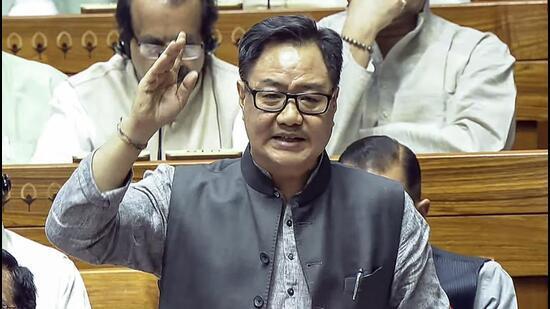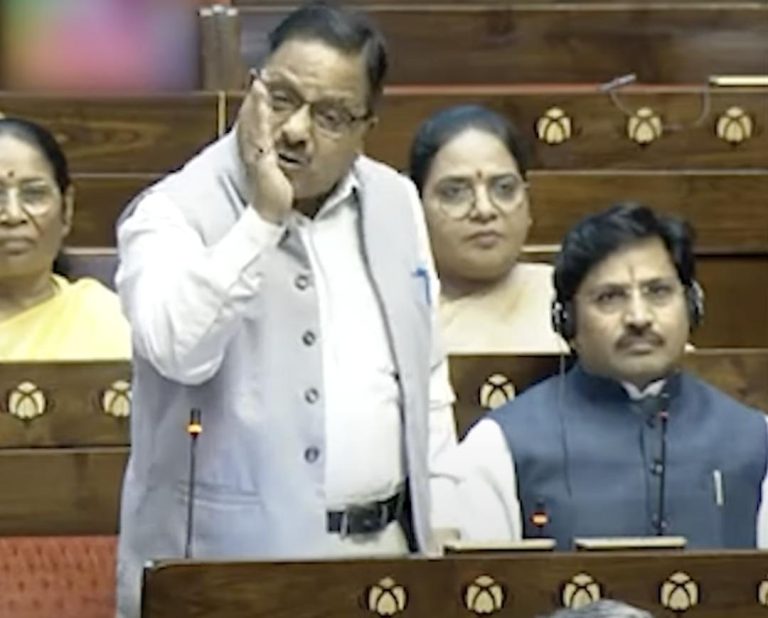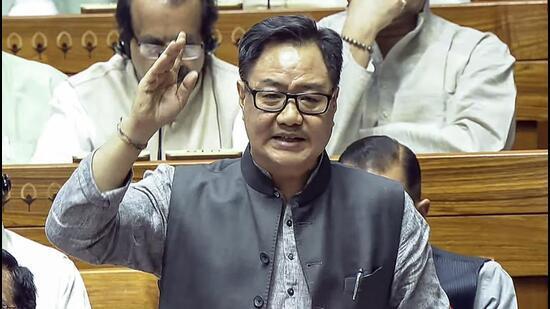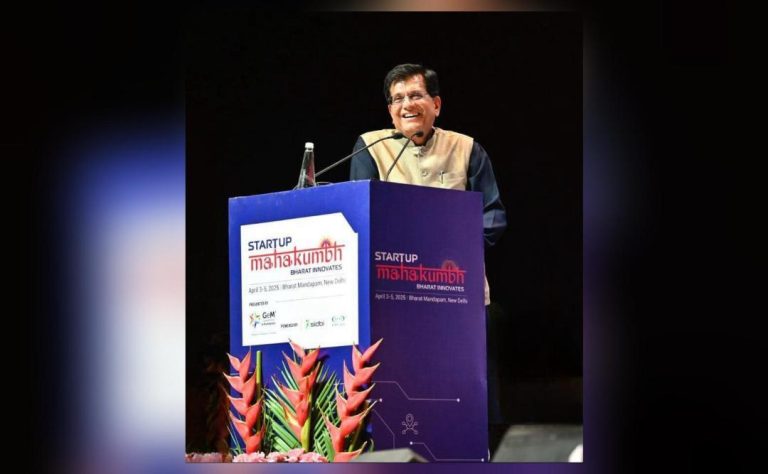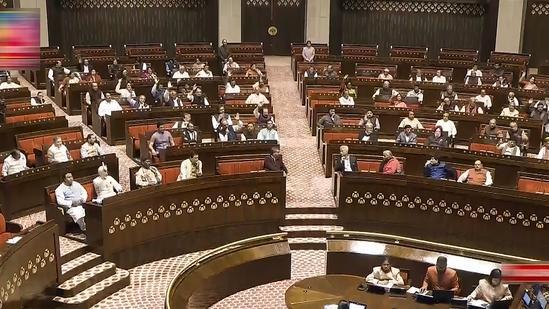
BJD Changes Stance on Waqf Bill After Opposing it Initially
In a sudden turn of events, the Biju Janata Dal (BJD) has changed its stance on the Waqf (Amendment) Bill, 2025, just a day after announcing that it would oppose the bill in Parliament. The development comes as a surprise to many, especially considering the party’s initial opposition to the bill.
According to reports, BJD Rajya Sabha MP Sasmit Patra took to social media to clarify the party’s stance on the bill. In a Facebook post, Patra stated that the party has not issued any whip to its MPs regarding the voting on the Waqf Bill. He urged the members to “exercise their conscience” during the voting process.
The sudden change in stance has raised several questions and concerns among political observers and the general public. The BJD’s initial opposition to the bill was seen as a significant development, considering the party’s strong presence in the eastern state of Odisha. The party’s decision to oppose the bill was seen as a move to protect the interests of the Waqf boards, which are responsible for managing religious and charitable institutions.
The Waqf (Amendment) Bill, 2025, aims to amend the Waqf Act of 1995 and provides for the establishment of a Central Waqf Council to oversee the management of Waqf properties. The bill has been criticized by several opposition parties, including the Congress and the Left Front, who have accused the government of trying to centralize the management of Waqf properties.
The BJD’s initial opposition to the bill was seen as a move to protect the autonomy of the Waqf boards and prevent the central government from taking control of these institutions. However, the party’s sudden change of heart has raised concerns about the party’s commitment to the cause.
Some political analysts have attributed the change in stance to the party’s desire to maintain good relations with the central government. The BJD is a key ally of the ruling Bharatiya Janata Party (BJP) at the Centre, and the party may be looking to avoid any controversy that could jeopardize its relationship with the government.
Others have suggested that the party may have changed its stance due to pressure from within the party. The BJD has a significant presence in Odisha, and some senior leaders within the party may have been opposed to the initial stance on the bill.
The BJD’s change of heart has also raised questions about the party’s commitment to democratic norms and values. The party’s initial opposition to the bill was seen as a bold move, and its sudden change of heart has raised concerns about the party’s willingness to stand by its principles.
In conclusion, the BJD’s change of stance on the Waqf Bill is a significant development that has raised several questions and concerns. The party’s initial opposition to the bill was seen as a move to protect the autonomy of the Waqf boards, but its sudden change of heart has raised concerns about the party’s commitment to the cause. The BJD’s decision to urge its MPs to “exercise their conscience” during the voting process has also raised questions about the party’s commitment to democratic norms and values.
Source:
